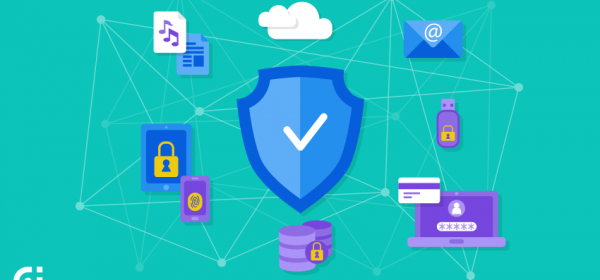The General Data Protection Regulation will come into force from 25th May 2018. It has replaced the old Data Protection Act in UK and has brought a drastic change in the way European Citizen’s information is collected, stored, and utilized. It will also bring about transparency with regard to usage of massive data.
To Whom does it Apply?
- GDPR applies to all the e-businesses that are:
- Selling its products or services to EU citizens
- Dealing with EU business clients
- Having EU citizens working as employees
Compliance to GDPR is easy if you follow these 4 principles:
- Erasure of data- This calls for all businesses to delete the data related to EU citizens held by them till date.
- Data Safety and Monitoring– Once, the old data is deleted, businesses are required to check the reports and documentation, if still any other data is left and erase it. And further to keep monitoring and remain in the safe zone.
- Imbibe Opt-In- Businesses shall now deal with only those EU citizens who subscribe to their services by opting-in. Once they opt-in, business people can send them marketing emails and do cold calling in order to provide further information.
Businesses are required to solve every query related to EU citizen information like what information is needed, the purpose for collection, etc. The EU citizens shall ask for deletion of the information after its usage and you must give them a detailed report of how the information was utilized.
- Follow Opt-Out– When EU citizens Opt-out, it means they deny to get your marketing emails and cold callings. Thereafter, you must not deal with them in any manner or it leads to unnecessary interruption ad breach of GDPR Rules.
Non-compliance of GDPR rules in any manner shall levy fine up to 4% of your annual global turnover. It easy to comply with the rules if you remain transparent and safeguard data of EU citizens. Make sure you follow these regulations to the best of your abilities.





